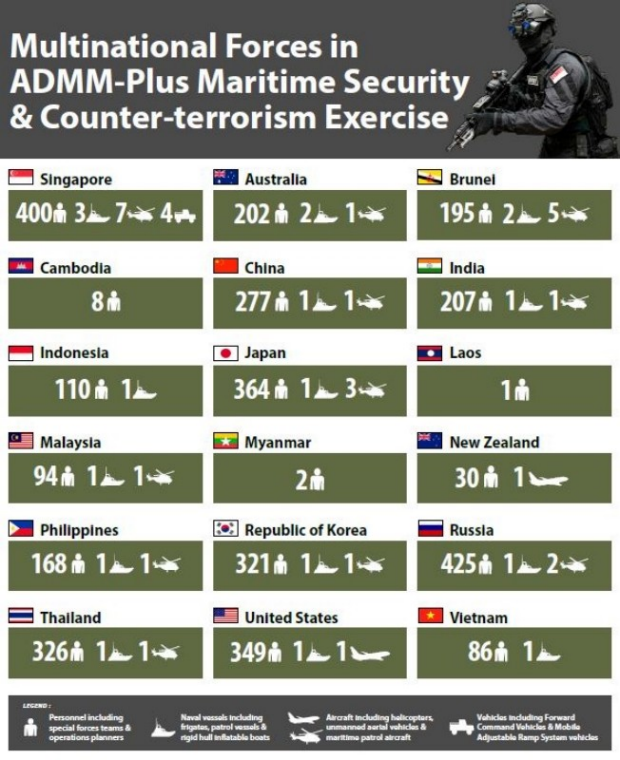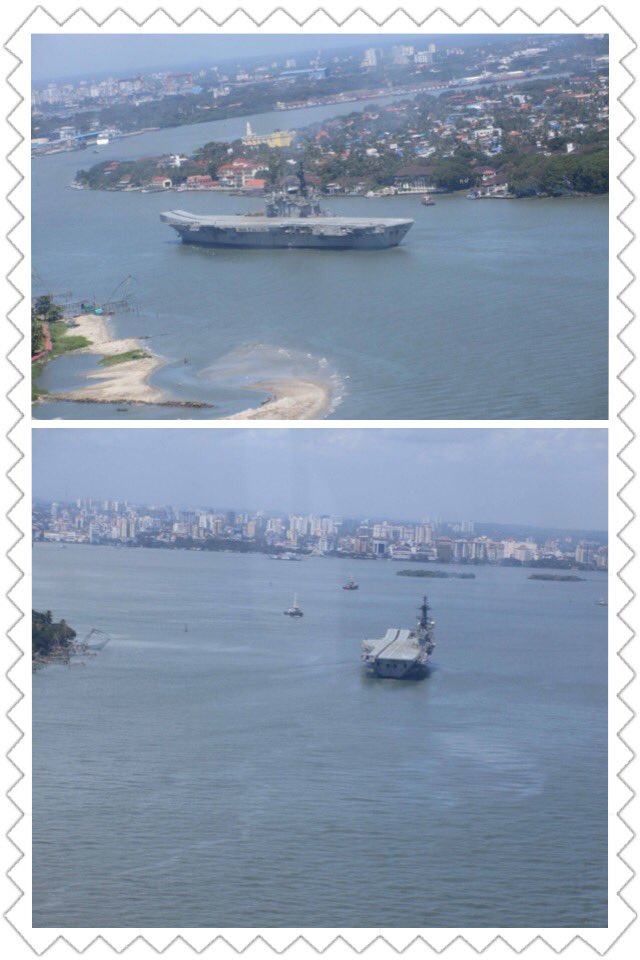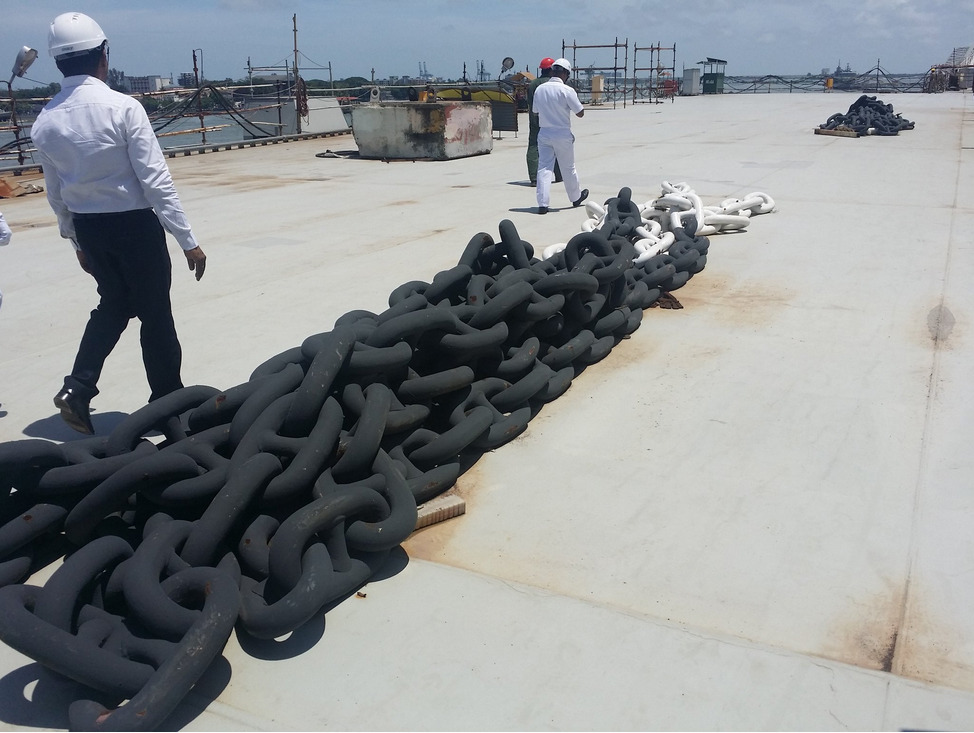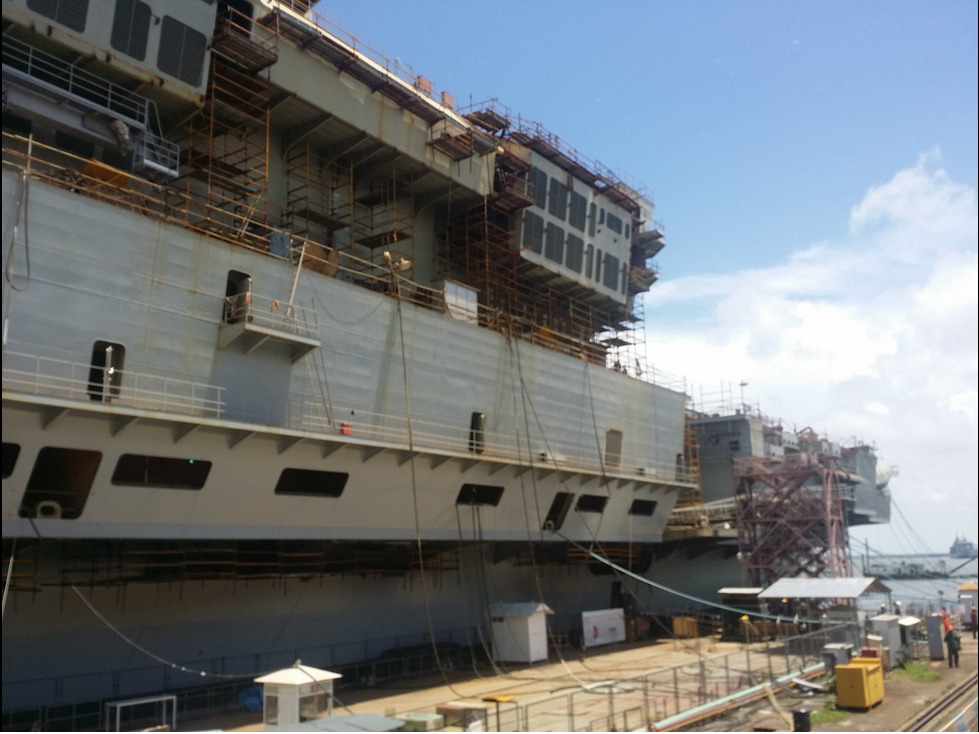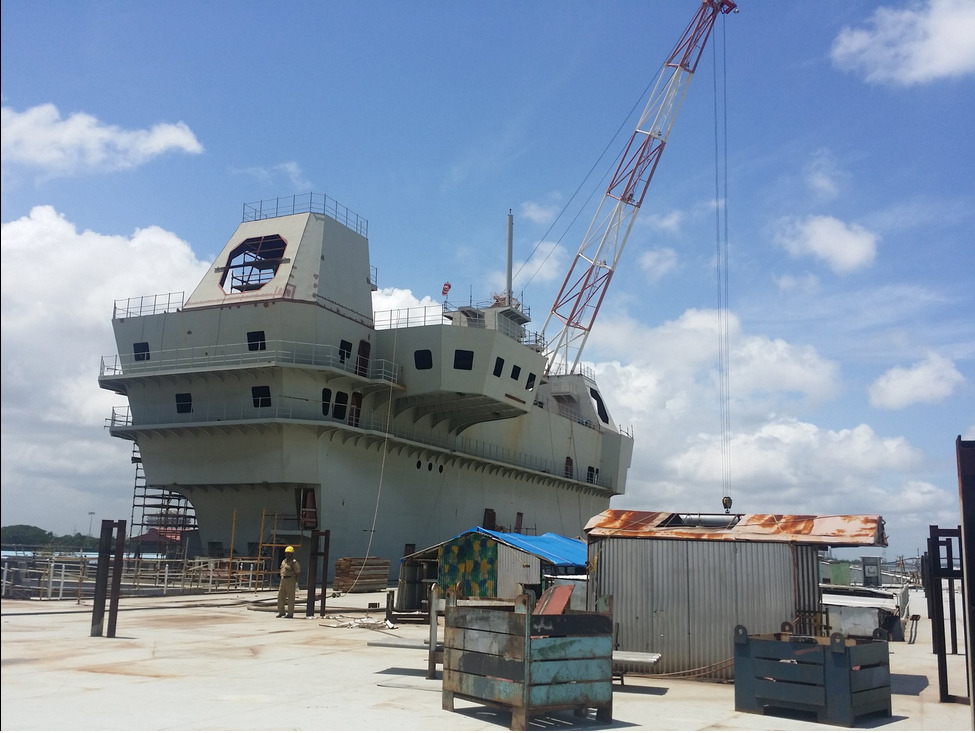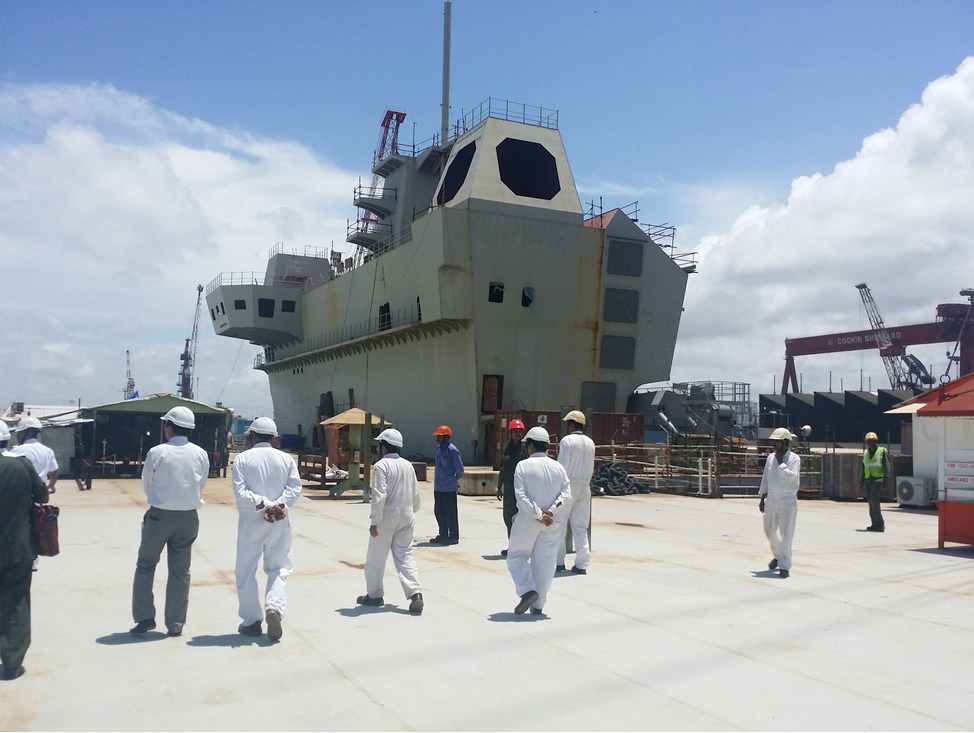Local_Legend
FULL MEMBER

- Joined
- Jun 6, 2016
- Messages
- 304
- Reaction score
- 6
- Country
- Location
KNOS plans to partner with Indian Navy

The government’s Kerala Network for Organ Sharing (KNOS) is actively considering a proposal to join hands with the Indian Navy to launch a permanent mechanism to use its aircraft and helicopters as air ambulances to fly harvested organs in record time.
The move comes a day after history was created on Friday when 46-year-old Neelakanta Sharma’s harvested heart started beating in 47-year-old Mathew Achadan in the first instance of transplantation where the organ was airlifted from Thiruvananthapuram to Kochi in an operation involving the Navy, several medical professionals, and the Kerala Police.
Navy’s Dornier aircraft was used as air ambulance to airlift the harvested heart from Thiruvananthapuram to Kochi in about 45 minutes.
“It will be a major boost to Mrithasanjeevani , the deceased donor organ donation programme, if Indian Navy agrees to partner with us in airlifting the harvested organs immediately after the transplant. We are planning to hold talks with the Navy authorities soon,” Noble Gracious, nodal officer of KNOS, told The Hindu on Saturday.
Unlike the private players offering air ambulance services, the Navy’s aircraft have the advantage of cutting down delays associated with the clearance from the Director General of Civil Aviation (DGCA) and the Air Traffic Control. Medical experts recalled that Friday’s airlift would not have been possible if not for the Indian Navy’s readiness to provide its Dornier aircraft.
The Dornier aircraft had received priority landing and takeoff by the Air Traffic Control when it left the Indian Air Force’s base in Thiruvananthapuram by around 6.50 p.m. on Friday.
The medical authorities had contacted a Bengaluru-based air ambulance provider on Thursday, but they pointed out the hurdles in getting speedy clearance from the DGCA. “The harvested heart must start beating in the recipient ideally within three hours of the procedure. Time is the key in such cases as a delay would prove costly,” said Dr. Gracious.
http://www.thehindu.com/news/nation...o-partner-with-indian-navy/article7466132.ece
http://gulfnews.com/news/uae/societ...a-accident-donated-to-four-patients-1.1866092
http://www.newindianexpress.com/sta...Quick-Operation/2015/07/25/article2939413.ece

The government’s Kerala Network for Organ Sharing (KNOS) is actively considering a proposal to join hands with the Indian Navy to launch a permanent mechanism to use its aircraft and helicopters as air ambulances to fly harvested organs in record time.
The move comes a day after history was created on Friday when 46-year-old Neelakanta Sharma’s harvested heart started beating in 47-year-old Mathew Achadan in the first instance of transplantation where the organ was airlifted from Thiruvananthapuram to Kochi in an operation involving the Navy, several medical professionals, and the Kerala Police.
Navy’s Dornier aircraft was used as air ambulance to airlift the harvested heart from Thiruvananthapuram to Kochi in about 45 minutes.
“It will be a major boost to Mrithasanjeevani , the deceased donor organ donation programme, if Indian Navy agrees to partner with us in airlifting the harvested organs immediately after the transplant. We are planning to hold talks with the Navy authorities soon,” Noble Gracious, nodal officer of KNOS, told The Hindu on Saturday.
Unlike the private players offering air ambulance services, the Navy’s aircraft have the advantage of cutting down delays associated with the clearance from the Director General of Civil Aviation (DGCA) and the Air Traffic Control. Medical experts recalled that Friday’s airlift would not have been possible if not for the Indian Navy’s readiness to provide its Dornier aircraft.
The Dornier aircraft had received priority landing and takeoff by the Air Traffic Control when it left the Indian Air Force’s base in Thiruvananthapuram by around 6.50 p.m. on Friday.
The medical authorities had contacted a Bengaluru-based air ambulance provider on Thursday, but they pointed out the hurdles in getting speedy clearance from the DGCA. “The harvested heart must start beating in the recipient ideally within three hours of the procedure. Time is the key in such cases as a delay would prove costly,” said Dr. Gracious.
http://www.thehindu.com/news/nation...o-partner-with-indian-navy/article7466132.ece
http://gulfnews.com/news/uae/societ...a-accident-donated-to-four-patients-1.1866092
http://www.newindianexpress.com/sta...Quick-Operation/2015/07/25/article2939413.ece

